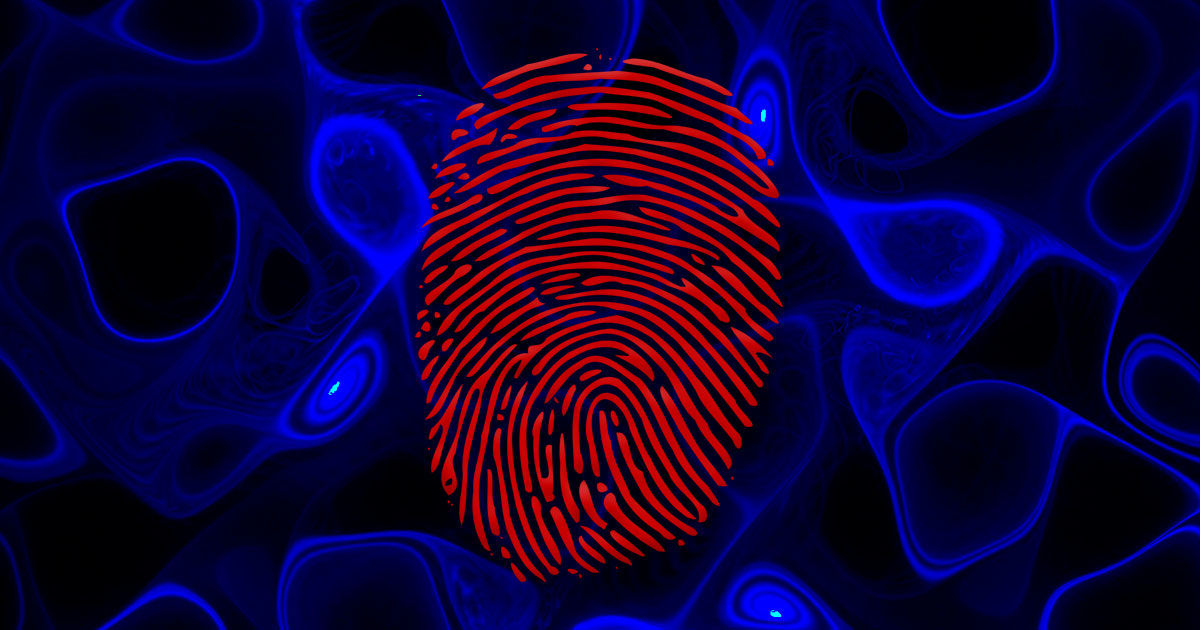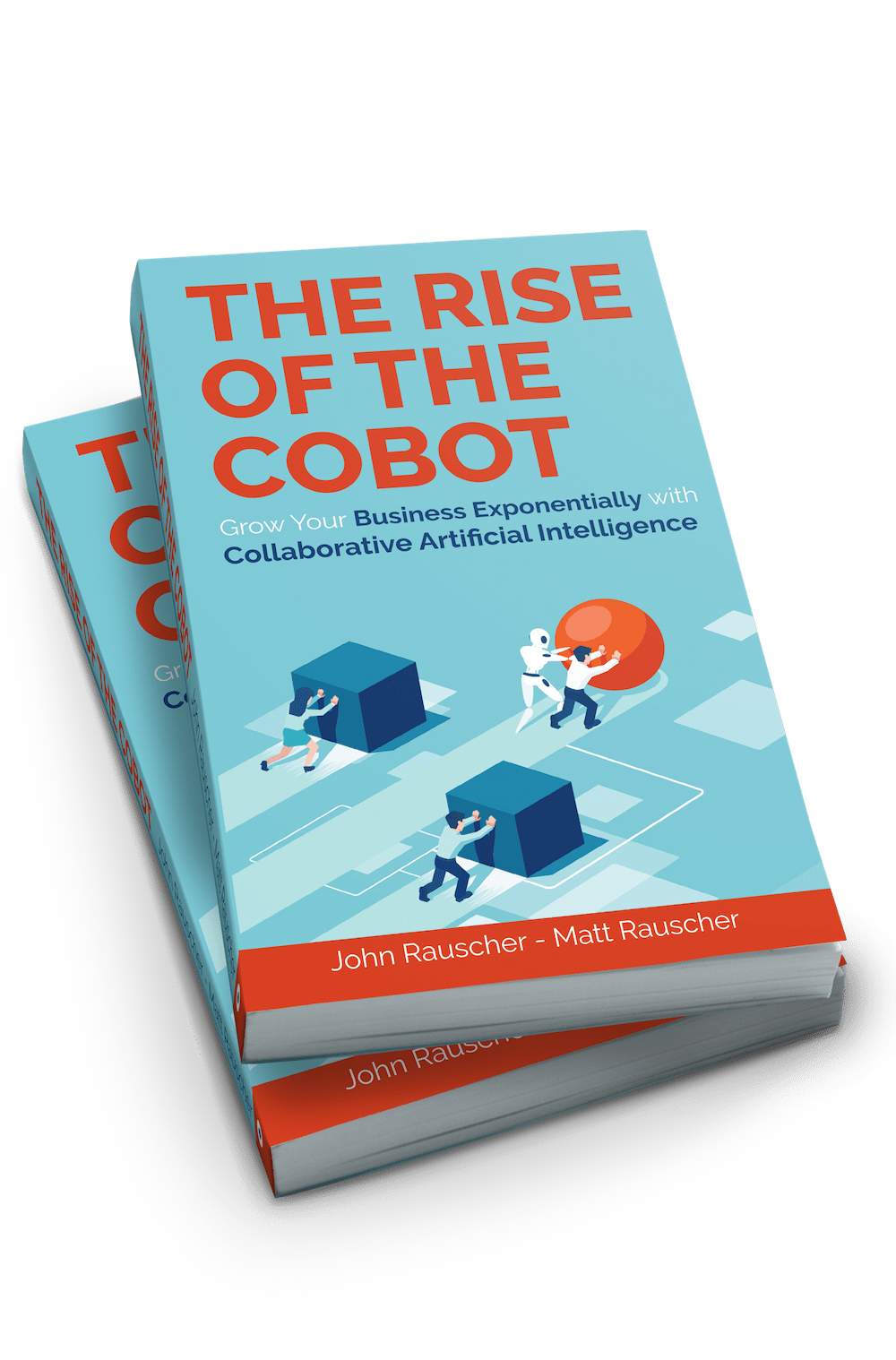Today, many digital marketing solutions, partly based on artificial intelligence, are designed to acquire traffic, turn prospects into new customers, and retain your existing customerbase. But Artificial Intelligence in Marketing is a quickly evolving space; how is AI going to fundamentally change marketing?
AI in Marketing Realizes The Promise of “Personalized Marketing”
It’s my belief that one of the biggest changes AI in marketing will trigger is the realization of a 40-year-old idea: 1-to-1 marketing, or the ability to communicate with each client/prospect in an individualized manner. That is, in the context of their own needs and desires – just like a human being who listens to the client, analyzes the facts, explains the situation, argues the relevance of their proposal or answer, and outlines an appropriate action plan.

Market to Individuals like the Unique People They Are

The term “Personalized Marketing” has been used for several decades now, but this advertised personalization was minimal. On the other hand, Artificial Intelligence in marketing is at the vanguard of a real seachange. AI, with its ability to reason on all the customer data and write intelligent and contextual sentences just like a human being would – right down to the choice of words, will enable truly customized marketing for each customer.
Simply put, with AI, customers are no longer categorized by profile but rather each customer becomes their own market segment. Each message sent to your hundreds or thousands of customers is therefore unique in both substance and form.
In the near future, You won’t be running marketing campaigns to push a product or service, but will be developing communication based on the analysis of each customer’s individual situation. You’ll only need to communicate with your customers when you have information or an individualized recommendation that offers them real added value.
I greatly expand on this point in my latest book on artificial intelligence, “The Rise of the Cobot”, available on amazon.com. A full chapter is dedicated to the impact of AI on marketing at B2B and B2C companies.


